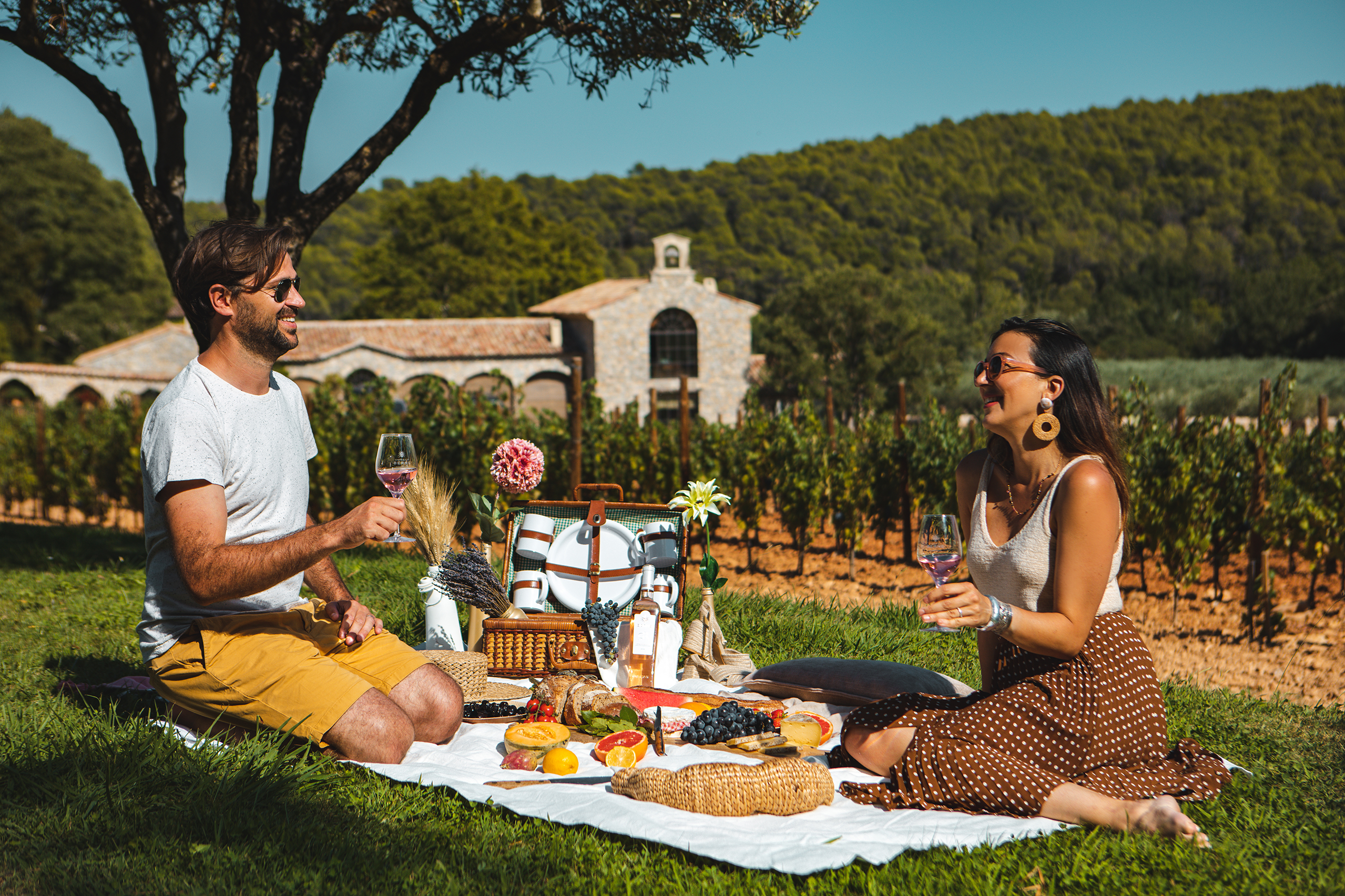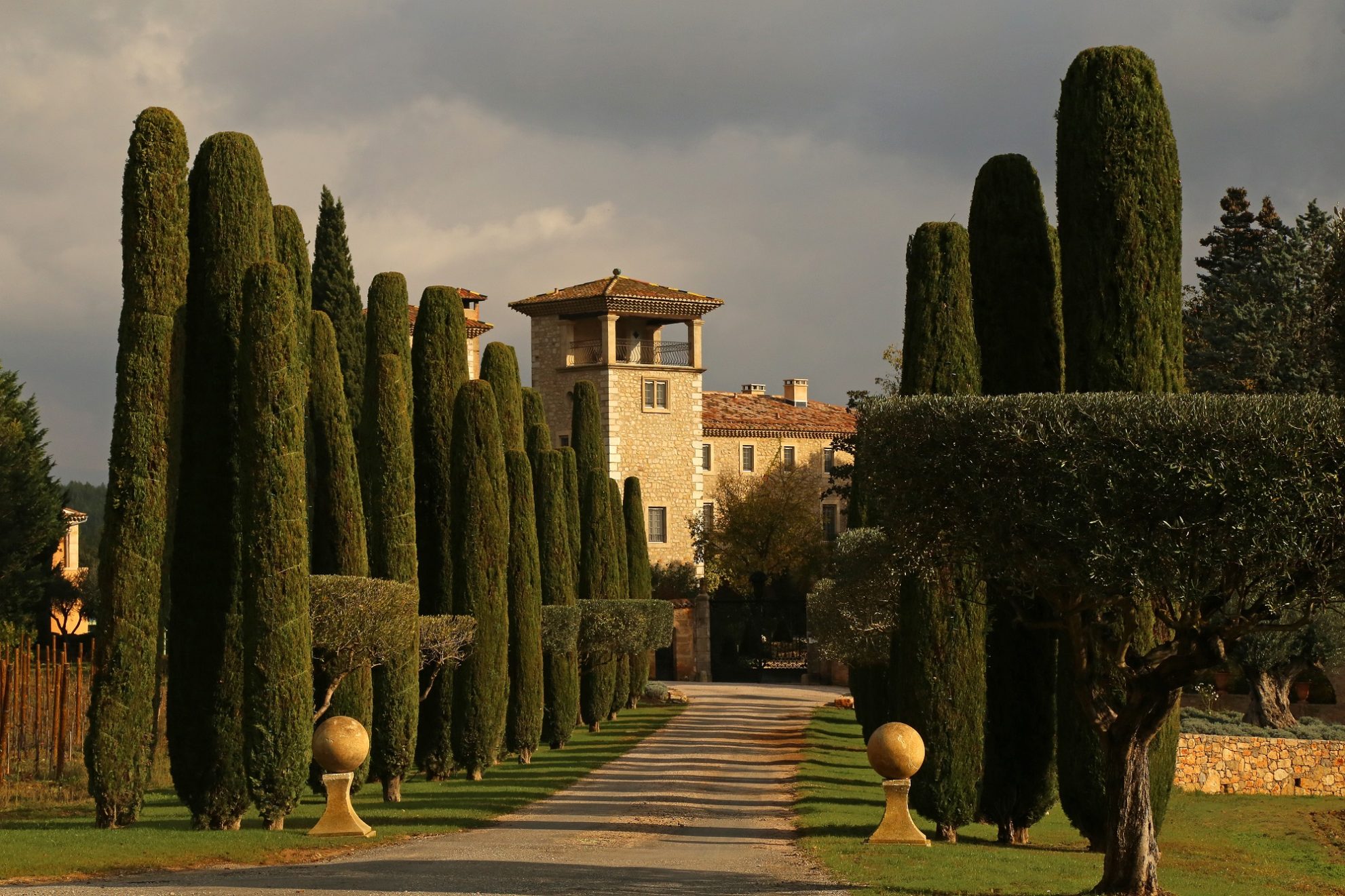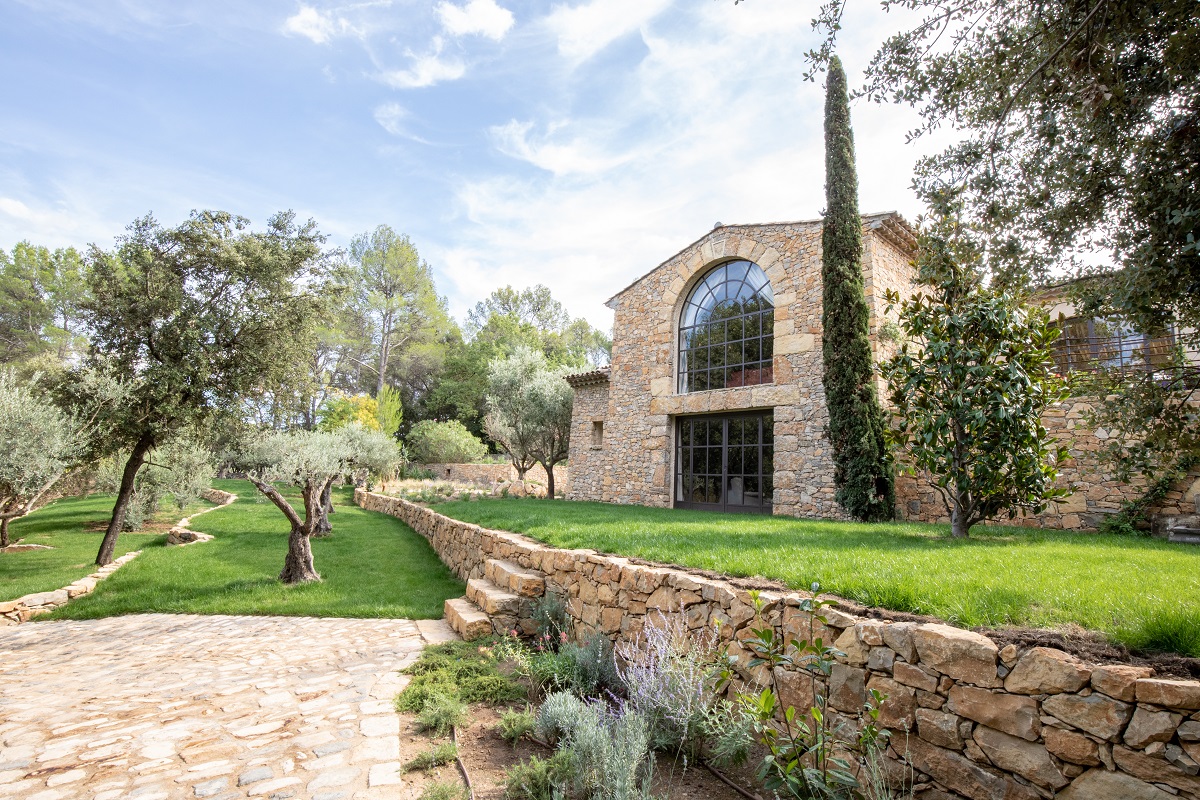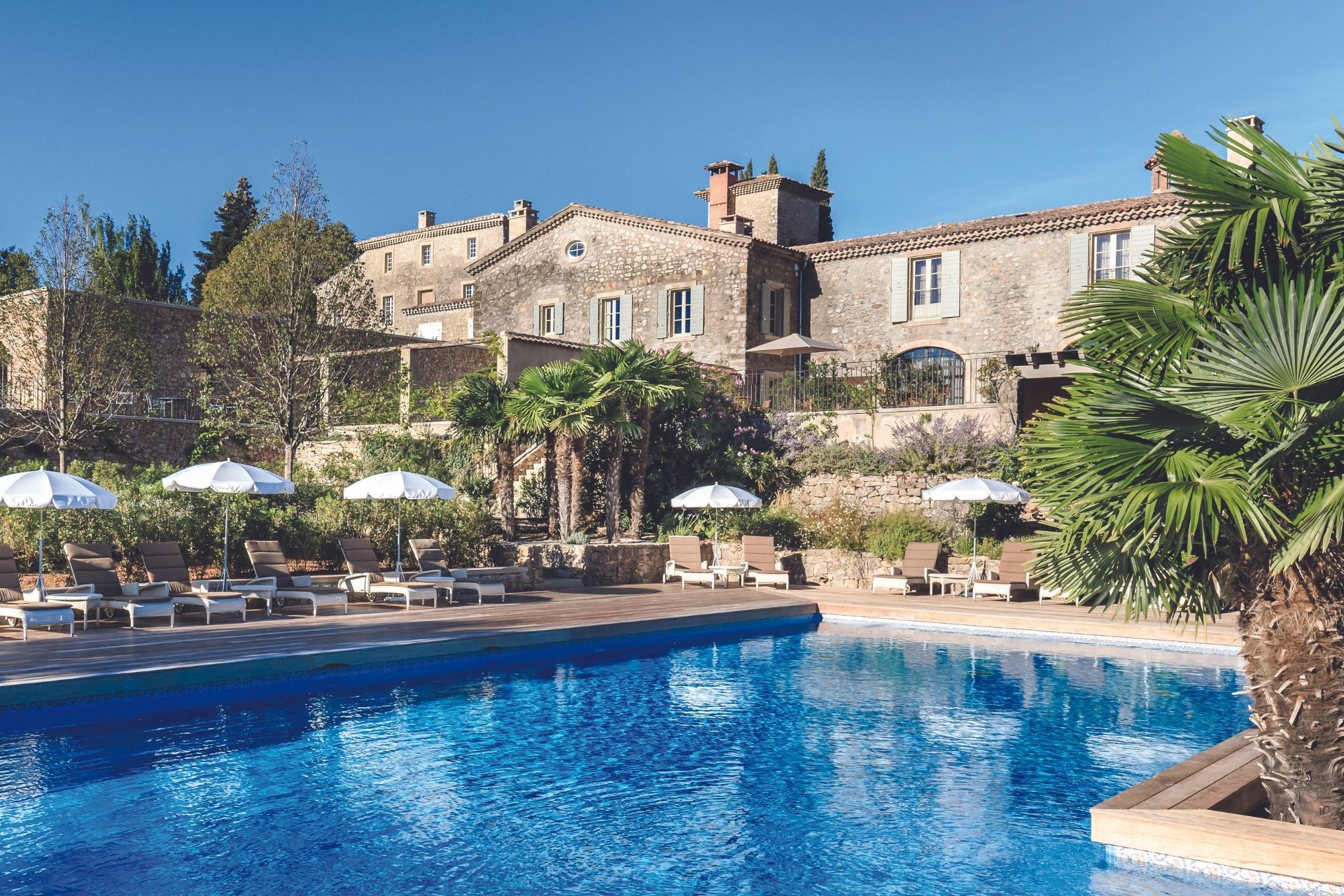Ces dernières années, le développement durable s’invite dans nos assiettes. De plus en plus engagés dans la préservation de l’environnement, les chefs se mettent au vert pour mettre à l’honneur les produits de saison et la culture bio, et limiter le gaspillage alimentaire. Nous avons ainsi la chance de faire partie de la génération qui verra la gastronomie devenir responsable.
L’étoile verte récompense les chefs qui allient écologie et gastronomie
Pour valoriser l’engagement des chefs qui agissent pour une gastronomie durable, le Guide Michelin a inventé l’étoile verte. Ce pictogramme, qu’on peut aussi comparer à un trèfle à cinq feuilles, a vu le jour il y a 2 ans à peine, et permet de récompenser les restaurateurs écologistes.
Cette distinction vise à souligner les innovations et les initiatives des chefs, mais aussi à guider les consommateurs vers une cuisine plus engagée. L’alliance de l’écologie et de la gastronomie prouve alors qu’il est possible de se faire plaisir, sans pour autant se moquer de l’environnement et de la nature. Bien au contraire, l’étoile verte met justement la nature au cœur de la gastronomie, qui se veut respectueuse des saisonnalités, des terroirs, du local et des produits frais.
Au-delà du contenu de l’assiette, c’est aussi le fonctionnement du restaurant et des cuisines qui a une visée écologique : électricité verte, énergie renouvelable, matériaux naturels et mobiliers made in France, chaque élément entre dans l’engagement du restaurateur, et lui permet d’obtenir cette éco-étoile encore rare.
Gastronomie responsable et culture bio
La gastronomie durable met un point d’honneur à mettre en valeur les produits naturels. L’agriculture biologique est ainsi privilégiée, et les conservateurs et produits chimiques sont limités au maximum. Bien plus qu’un plat sain, c’est une véritable philosophie de vie que les chefs proposent à leurs clients.
Cette démarche a pour but de proposer un mode de consommation raisonné et sain, afin de respecter et préserver la nature, dédié aux plaisirs simples de la vie.
La gastronomie responsable se contente des cadeaux que la nature nous offre chaque jour, soit en se fournissant auprès de producteurs locaux, soit en cultivant soi-même un jardin bio.
C’est dans cette mouvance qu’on voit apparaître des restaurants qui créent leur propre potager, et que les potagers urbains se multiplient. Ces petits jardins d’Eden sont spécialement conçus pour fournir aux restaurants de proximité des produits bio frais et de première qualité, respectant totalement les saisons et les cultures. Que ce soit pour les fruits et légumes, ou pour les herbes aromatiques, on voit pousser des potagers urbains partout, et certains ingénieurs en agronomie en ont même fait leur spécialité.
Une cuisine éco-responsable pour un avenir durable
La gastronomie durable mise tout sur l’avenir. En effet, la cuisine éco-responsable fait suite à une véritable prise de conscience collective qu’il faut agir autrement si on veut préserver les ressources de la planète. Pour cela, nous n’avons d’autre choix que de compter sur la responsabilité de chacun : de cuisiner responsable, mais aussi de consommer responsable.
C’est un retour aux valeurs simples de la vie, à l’écoute des cycles de la nature, pour lequel chaque petit geste compte : privilégier les circuits courts et les produits de saison, limiter le gaspillage… C’est exactement l’engagement qu’ont pris les chefs du Château de Berne, afin de proposer à leurs clients une cuisine saine et responsable. Avec eux, rien ne se perd, tout se transforme, et chacun travaille pour une cuisine plaisir durable.
Les chefs du Jardin de Berne relèvent chaque jour le défi de la gastronomie responsable, et proposent des plats savoureux et raffinés, dans le strict respect de la nature. Au menu : produits frais et de saison, producteurs locaux, et surtout beaucoup de passion.











